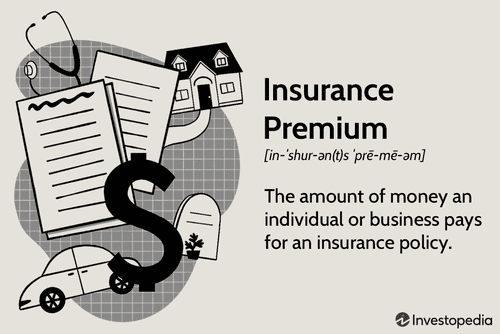
Insurance is crucial for anyone who travels. It not only provides financial security while traveling, but also allows you to cancel your policy anytime before it becomes effective. You can also request a refund for any premium paid that was not used while you are abroad. American health care is expensive and can make it very difficult to obtain treatment in an unexpected emergency. Without insurance, it is possible to be financially responsible for your medical expenses, which can prove risky.
Benefits
A great way to lower the cost of medical care while traveling abroad is through travel insurance. Medicare does not cover expenses beyond the United States. It can also deplete your savings. Many travel insurance policies include coverage for emergency medical expenses. To make sure you are covered, contact your insurance provider prior to traveling.

Even if you're only going to be traveling for a short time, health insurance travel coverage can help. You can get travel medical insurance to cover routine checkups and medical emergencies. This will save you the expense of paying out of pocket. This insurance can be very helpful for those who are overseas and do not have access to local medical care.
Costs
For those who travel a lot, it is important to have travel medical insurance. The policy should be purchased for at least 6 months prior to the start of your trip. A basic low-benefit frequent travelers policy may cost $100 per person for a one-year period. However, a more extensive plan may cost as much as twice that amount for a full year. Although frequent travelers policies can be used for short-term trips, they may not work well for long-term business trips.
Types
When traveling abroad, travelers should think about purchasing travel insurance. This policy will provide medical coverage in a foreign country and often covers emergency evacuation. This policy does have limits and deductibles. For this reason, it is advisable to check the specific requirements of your domestic insurance plan before purchasing travel health insurance. There are many types of travel insurance. You can choose the type of plan that best fits your needs and budget.
Pre-existing conditions covered
When it comes to finding comprehensive travel health insurance plans that cover pre-existing medical conditions, there are many options. The insurer will determine if a pre-existing condition waiver is available, but most will cover common chronic diseases. This includes diabetes, heart disease, and depression. You should also verify that your plan covers drug addictions. Although pre-existing conditions such as pregnancy aren't typically covered, some plans will cover it if it happens during normal childbirth.

A pre-existing condition is an ongoing medical or dental condition. It must have been present before you purchased the policy. You may be subject to a condition that has developed after purchasing the policy. It is important to review the terms and conditions.